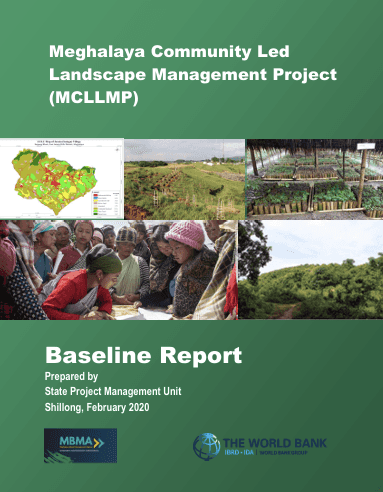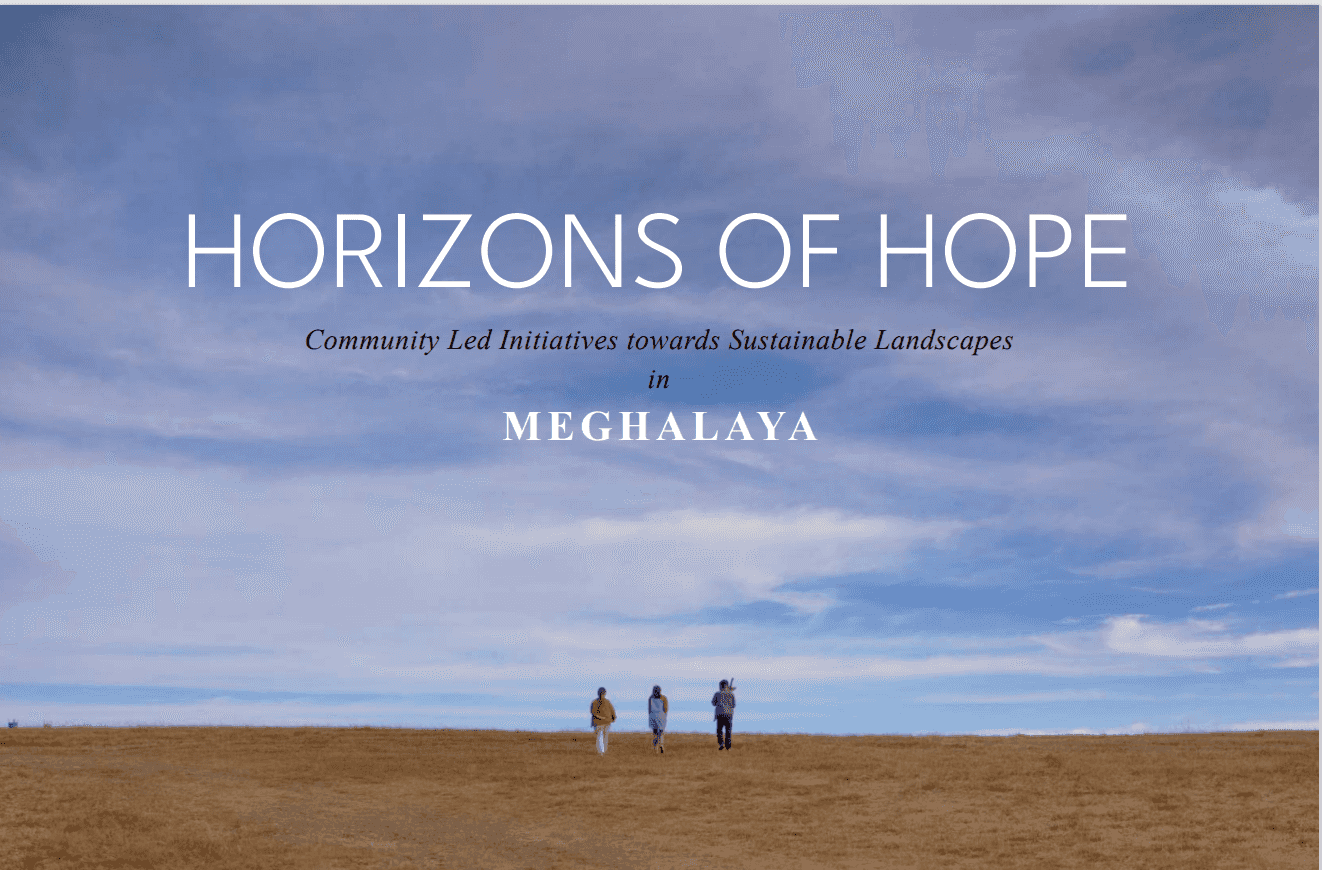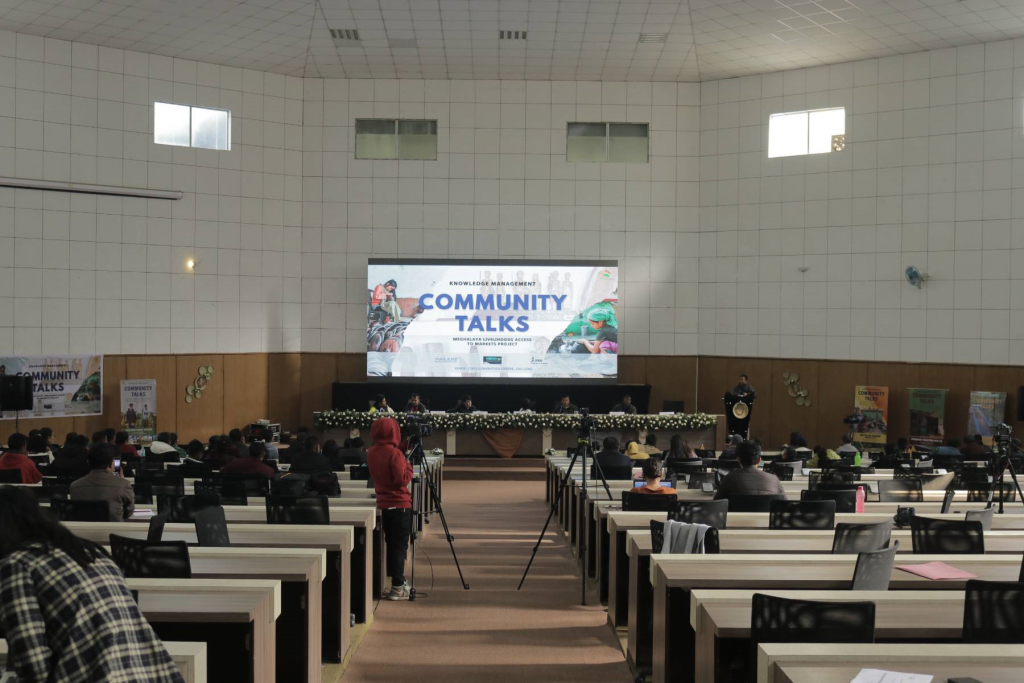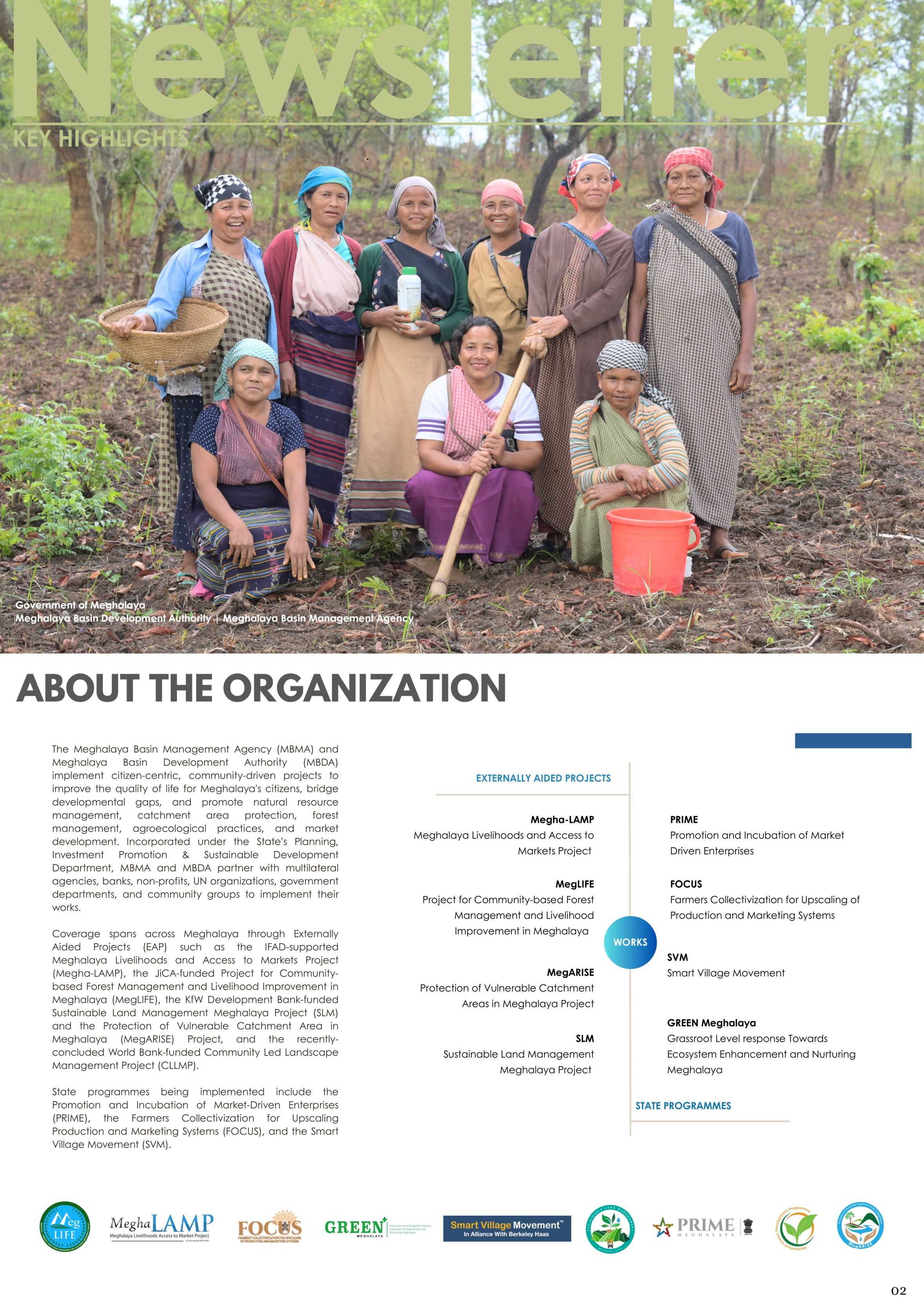MBMA is a not-for-profit company incorporated under the Planning Department of the Government of Meghalaya, engaged in the implementation of specialized development projects focused on enhancement of natural resource management, access to finance, livelihood development, enterprise promotion, market linkage, and knowledge services.
OUR WORK
MBMA is implementing IFAD supported Megha-LAMP which seeks to double the incomes of farmers and improve their quality of life through focused, market oriented interventions in 1350 villages, and World Bank funded CLLMP that focuses on strengthening of community capacities for managing natural resources through a landscape approach.
Environment
Facilitate Community-led sustainable Natural Resource Management planning, Development of strong and resilient village economies, and Capacity Building and Training
Finance
Enable access to financial services for farmers, linkage to supply chains and extension of financial literacy.
Market
Enhance productivity and build marketing capacity of farmers and producers through inclusive supply chain development, enterprise promotion and market linkage.
Innovation
Promote innovation-driven growth and solutions in agriculture and rural development through capacity building, R&D, and collaboration.
HIGHLIGHTS
Loading blog posts...

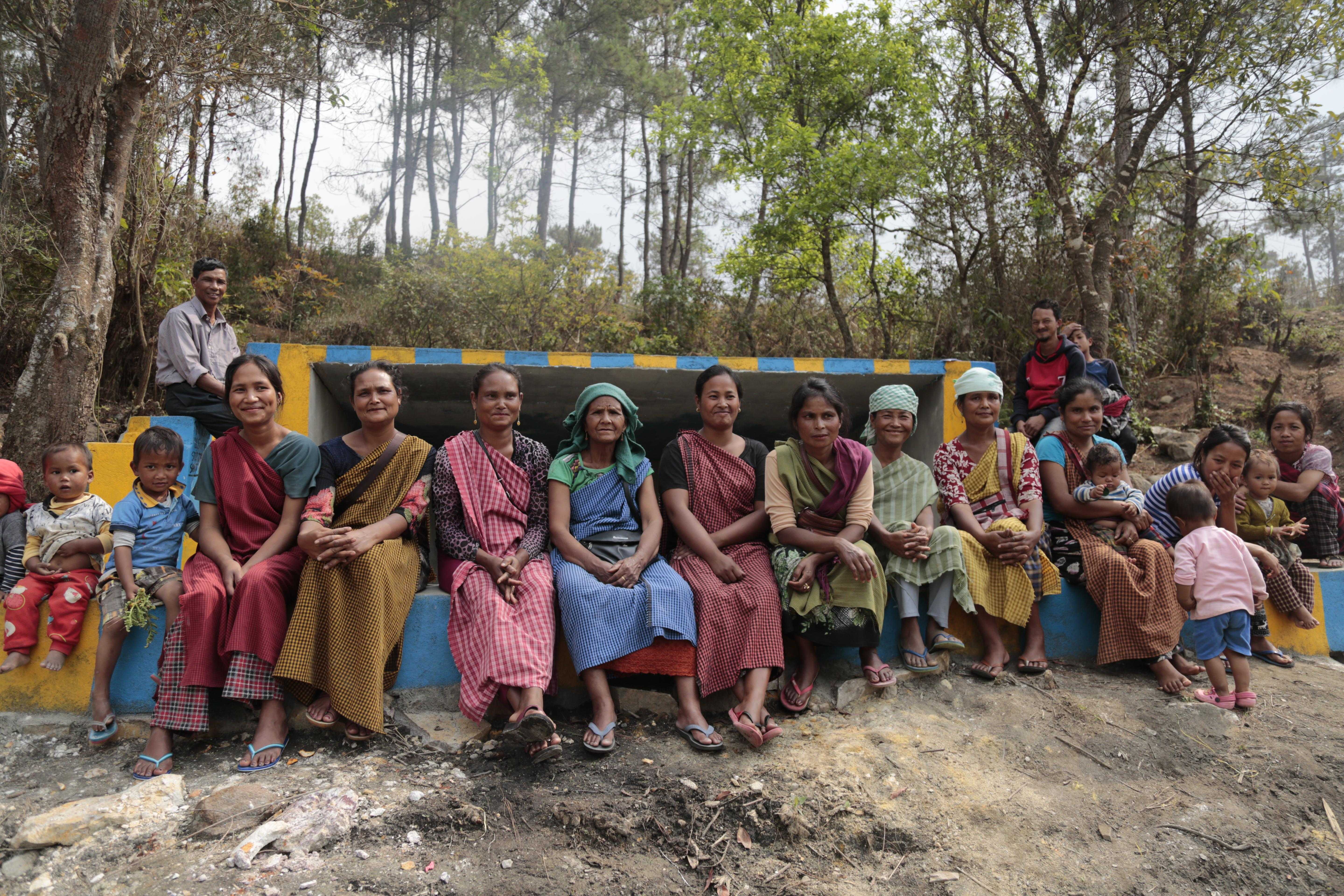
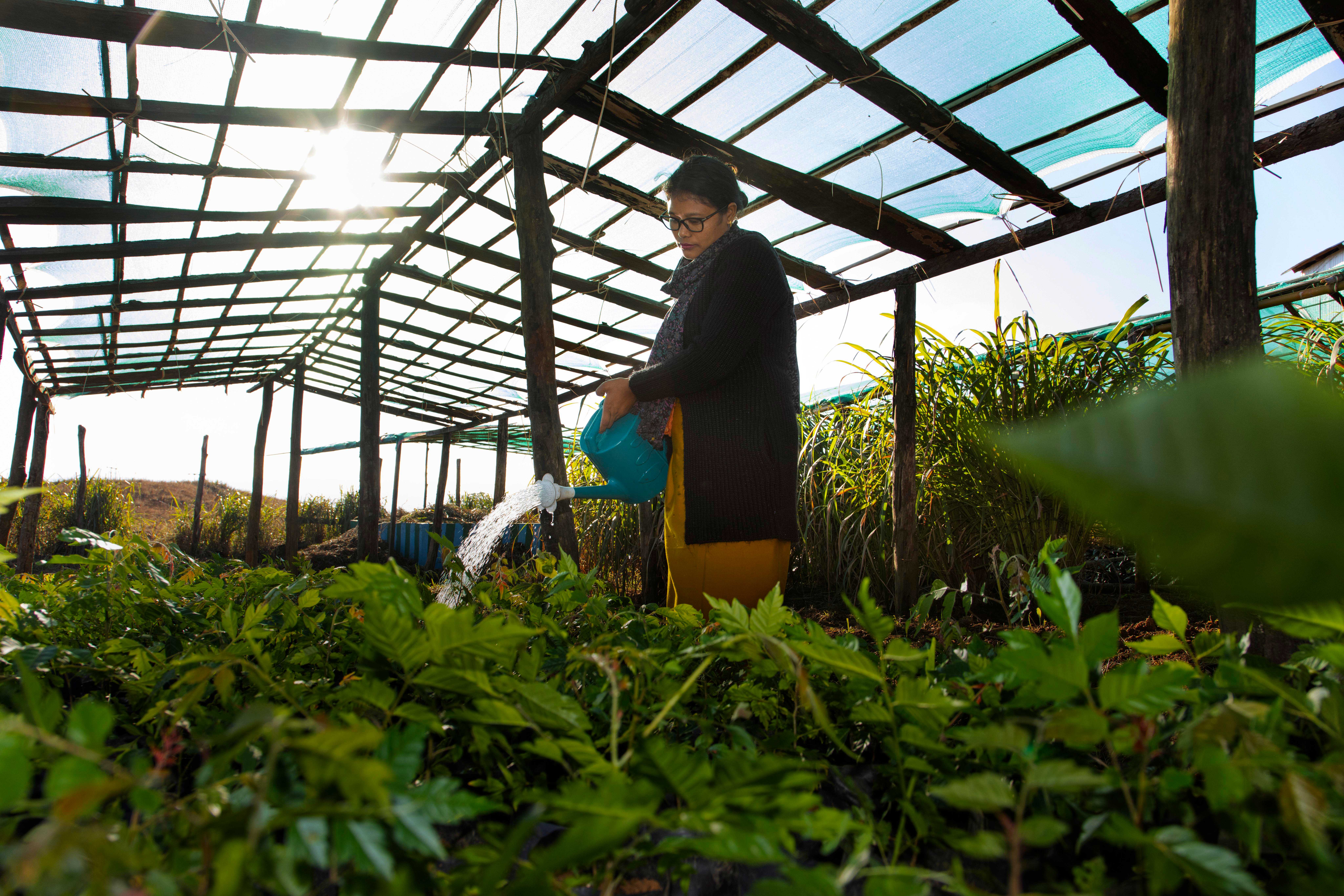
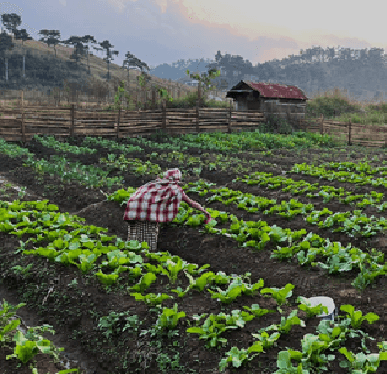
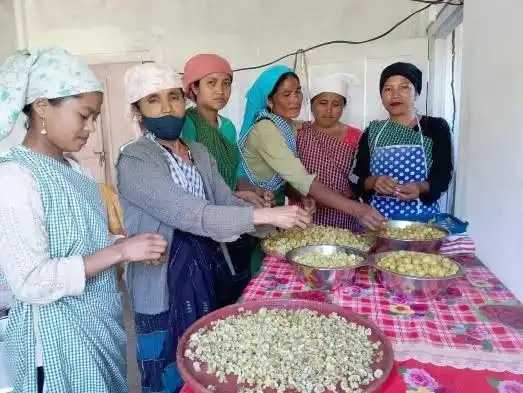
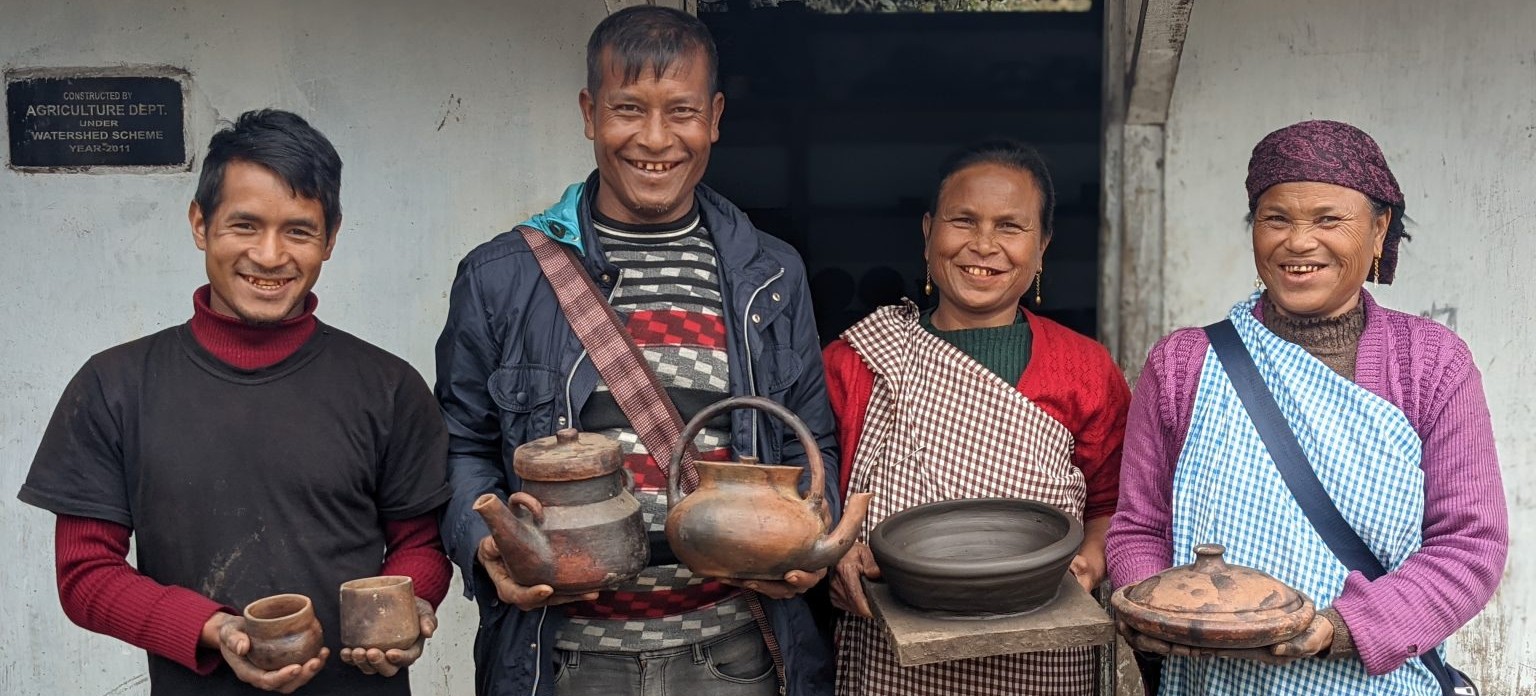
.jpg)
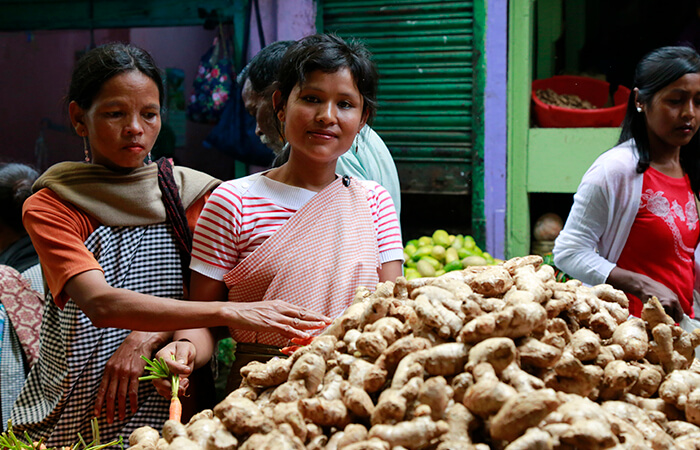


.png)
.png)
